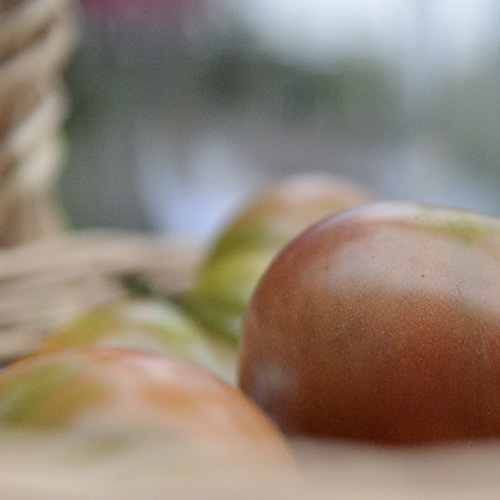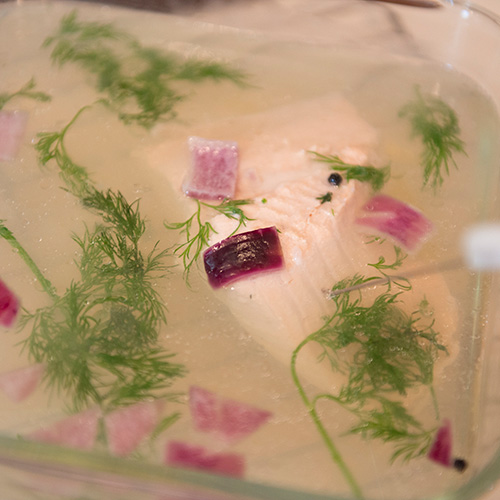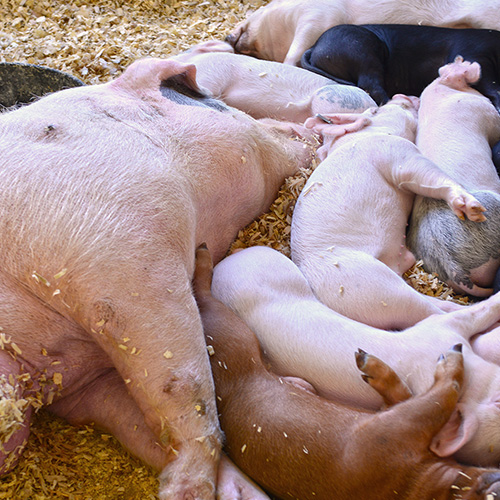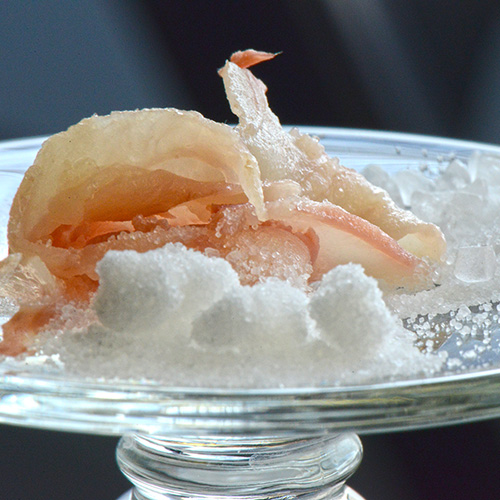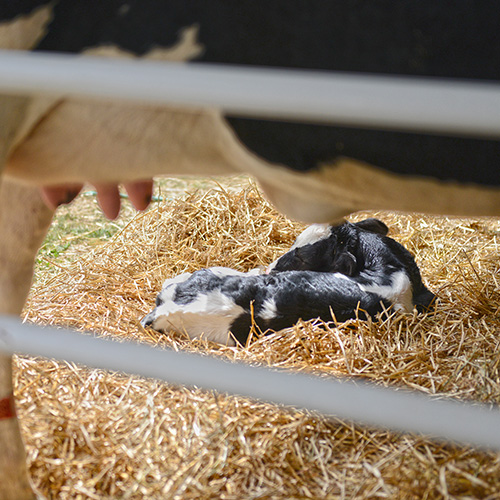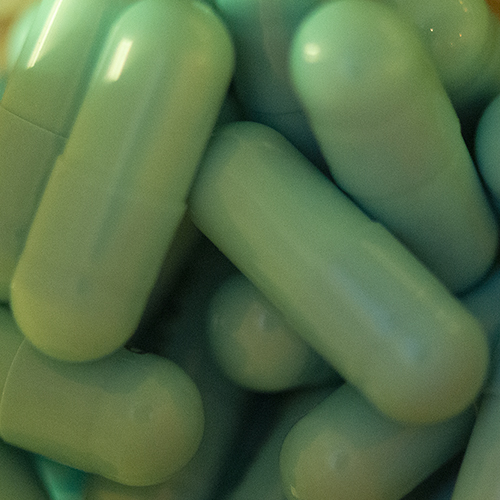A food craving is an intense desire for a particular food that is usually not driven by hunger. Most people crave sweet and sugary foods such as chocolate, ice cream and cake. Literally, it?s all in the head. Research has shown a relationship between the brain and the craving for sugary foods. Glucose interacts with the opioids system in the brain. Intake of sugar results in the release of endorphins, happy hormones, which mediate a feedback mechanism that associates food with reward. This information is also stored in the memory centers of the brain, such that when these memory areas are activated, a person gets the craving for the particular food. Cravings are often associated with high stress. Managing stress and keeping emotions at bay has been shown to reduce the impulse to engage in particular food cravings. This is useful especially if one is fighting the bulge and cravings make the battle to getting fit seem impossible.


